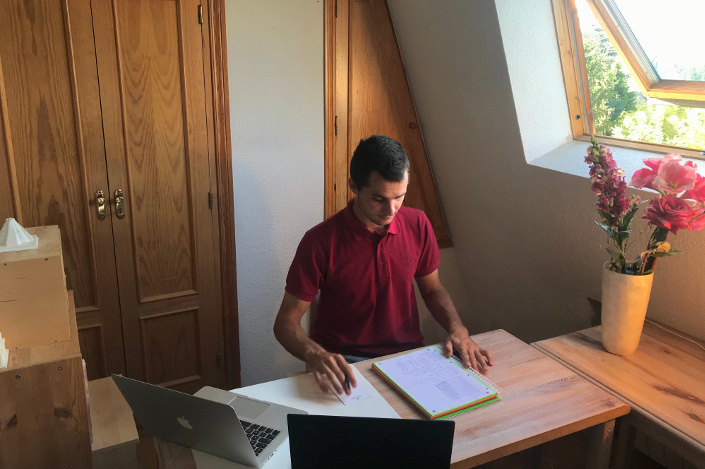World Stroke Day 2020: Generating knowledge by capturing Real-World Data
As we do every year, this Thursday, October 29th, we are celebrating World Stroke Day, with the goal of providing more visibility for this disease. In Spain, more than 187 persons out of every 100,000 are affected every year, according to data from the Spanish Society of Neurology (SEN).
Real-World Data in Oncology: Towards a better understanding of the disease
It is undeniable that clinical studies are a fundamental resource for the improvement of the understanding of and approach to diseases, through the information that comes out of research into the disease, new treatments, therapies, etc. In this environment, the need to use Real-World Data to complement the traditional clinical studies is becoming more and more obvious.
“New Normality” Digital Health Experience
On the 1st of June I began my internship at Persei vivarium. At that time, the Spanish Government was implementing de-escalation measures to ease the complete lockdown caused by Covid-19. The digital health sector, to which Persei vivarium belongs, has been growing and its applications in the fight against the Covid-19 pandemic is just one of the many reasons.
Challenges and benefits of patient education using technology platforms
Increasingly, in recent times, we are observing that patients want to be more informed and involved in their disease, demanding information and education on a voluntary and individual basis using different sources and platforms. In this context, patient education using technology platforms has become a reality.
Technology, the key to generating clinical studies during COVID-19
As the COVID-19 pandemic spread around the world, the negative impact of the virus has become more obvious, even in the development of clinical studies of other diseases. With the travel restrictions imposed by governments, and the fear of contracting the virus among both the patients participating in the studies as well as the monitors, people stopped coming to hospitals.
IT Internship in the Time of Coronavirus
From the very start of my internship at Persei vivarium, I had the opportunity to come in contact with new concepts, working methodologies, technologies and totally new situations. At first I had a strange feeling. I was excited and at the same time a bit overwhelmed to see so many things that I had never heard about, but I immediately felt that all that was a big challenge that I accepted gladly.





